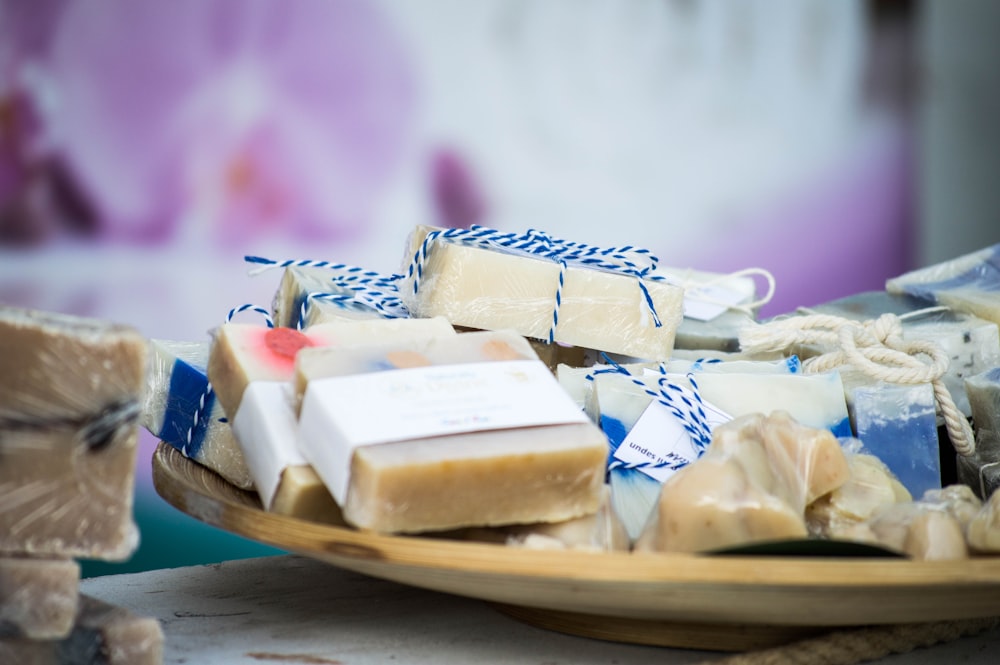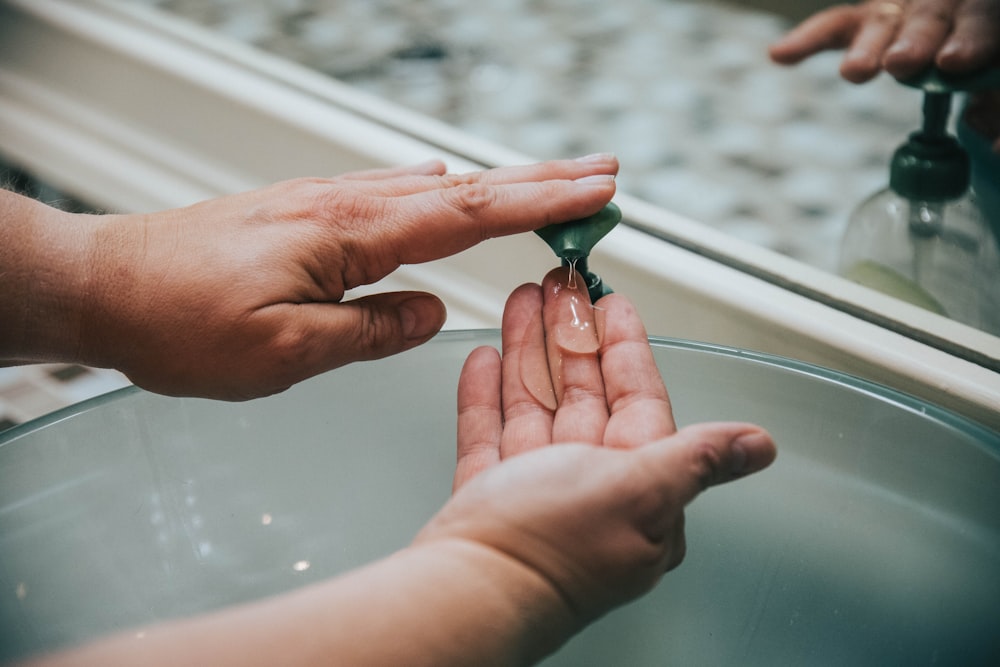
Pandemic or no pandemic, washing your hands is always important. However, since most people seem to be washing their hands more frequently due to the pandemic, we thought we’d touch on the importance of choosing the right-hand soap. After all, certain types of soap are more effective at cleaning the hands than others, and some hand soaps are more drying and damaging to your hands than others.
In the winter months, it’s especially important to use a hand soap that contains moisturizing ingredients. This is because the cold, dry air in the winter and the drying effects of indoor heaters will make your skin dry, so the last thing you need is a drying hand soap.
The cold and dry winter air strips your skin of its natural protective moisture barrier. This is because there is less moisture in the air in the wintertime when the air is less humid. This causes the protective oils and moisture in our skin to evaporate faster. Now you know why so many people have dry, itchy, and flaky skin in the winter – especially on their face and hands.
It’s also important to note that some hand soaps are more antibacterial and more efficient at cleansing hands than others. Since you’re likely washing your hands frequently to help stop the spread of Covid-19, below are some tips for selecting the right-hand soap:

1. Check the Label of the Hand Soap for Moisturizing Ingredients
Instead of arbitrarily selecting a hand soap at the grocery store and throwing it in your basket, check the label of ingredients first. Look for moisturizing ingredients such as coconut oil, aloe vera, vegetable-based oils, shea butter or cocoa butter, milk protein, vitamin E, and glycerin.
Glycerin is a humectant, which means it moisturizes the skin by drawing water and moisture from the air into the skin. Glycerin also helps form a protective barrier that helps prevent moisture loss.
Vegetable-based glycerin is much better for your skin than synthetic glycerin. Vegetable-based glycerine also acts as an emollient for the skin, which means that it helps to soften and hydrate skin.
Aloe vera and cocoa butter are common ingredients in hand soap that are good for treating dry or rough skin. Using a non-drying hand soap is key. Frequent hand washing can dry out your skin if the soap you’re using doesn’t contain moisturizing agents such as aloe and glycerin. The vitamins, minerals, amino acids, and natural enzymes found in aloe vera and cocoa butter products can help prevent dry and flaky skin, while also protecting the skin with a moisture barrier and leaving skin smooth, soft and hydrated. Aloe in hand soap can also offer healing benefits, such as its ability to soothe itchy skin, a common skin condition in the dry winter months. After all, extremely dry winter skin can cause itchiness.
2. Don’t Use Foam Hand Soaps
Foam hand soap won’t get your hands as clean as liquid hand soap will. When hand soap comes out as foam, you won’t need to rub your hands together as vigorously as you would with liquid soaps. Because liquid hand soaps take time to lather, you’ll end up washing your hands’ longer (and therefore get your hands cleaner) with liquid soaps. Foam hand soaps may not be as effective in cleansing hands as liquid soaps.
People often buy foam hand soaps out of laziness. It’s faster to wash your hands with a foam hand soap. However, during a pandemic, it’s important to wash your hands slowly and carefully. This defeats the purpose of a time-saving foam hand soap.
3. Use Antibacterial Hand Soaps
Look for the word ‘antibacterial’ on the label of your hand soap, especially during a pandemic. Soaps that are labeled ‘antibacterial’ contain additional germ-fighting, bacteria-killing chemicals such as benzalkonium chloride, benzethonium chloride, and chloroxylenol, all designed to actually kill all bacteria on contact.
Any hand soap, even if it’s not labeled an antibacterial hand soap, will wash away harmful germs and bacteria on your hands. However, antibacterial hand soap takes germ-killing to the next level. This is why in a medical setting, the hand soap used is always antibacterial.
4. What Other Ingredients Should You Look For in a Hand Soap?
Surfactants are the main ingredient in hand soap and a necessary ingredient for washing your hands. Surfactants break down the bonds between water and dirt. They hold dirt and oil in suspension which allows for effective removal of unwanted oil and dirt on the skin. This is achieved by providing a means to change the surface tension and mix the water on your hands with the fat and oils already on your hands. Surfactants are used as wetting agents and emulsifiers in soaps. This helps you create that thick lather that effectively cleans your hands.
The other ingredients you should look for in a hand soap depend on your skin type. If you have very dry or sensitive skin, you’ll want to be more cognizant of the hand soap you’ll buy. You’ll want to read the label and check for moisturizing agents.
For example, olive oil is an incredibly moisturizing ingredient found in some hand soaps, and it helps lock in moisture. Soaps that contain milk protein will have both a soothing and moisturizing effect on dry or sensitive skin.
If you have very dry skin, another tip is to avoid using water that’s too hot when you’re washing your hands. Very hot water will dry out your skin more.

5. Moisturizing and Antibacterial: The Winning Combo
Since you need moisturizing ingredients in the wintertime, and you also need antibacterial benefits during a pandemic, you should look for a soap that has it all.
Know that there are hand soaps available that contain both antibacterial and moisturizing ingredients. This is the winning combo. Try “Lysol No-Touch Antibacterial Hand Soap”, which has antibacterial agents in it, as well as moisturizing and healing ingredients such as aloe vera and vitamin E.
Knowing Your Skin Type is Important When Selecting a Hand Soap
Finally, it’s important to know your skin type when you’re choosing a hand soap. You can learn a lot about your skin type and skin traits through a DNA test such as CircleDNA. One of the 500 reports about yourself included with CircleDNA is a genetic skin profile that reveals some of your genetic skin traits. This information will help you select the right beauty products and soaps that suit your skin best.






